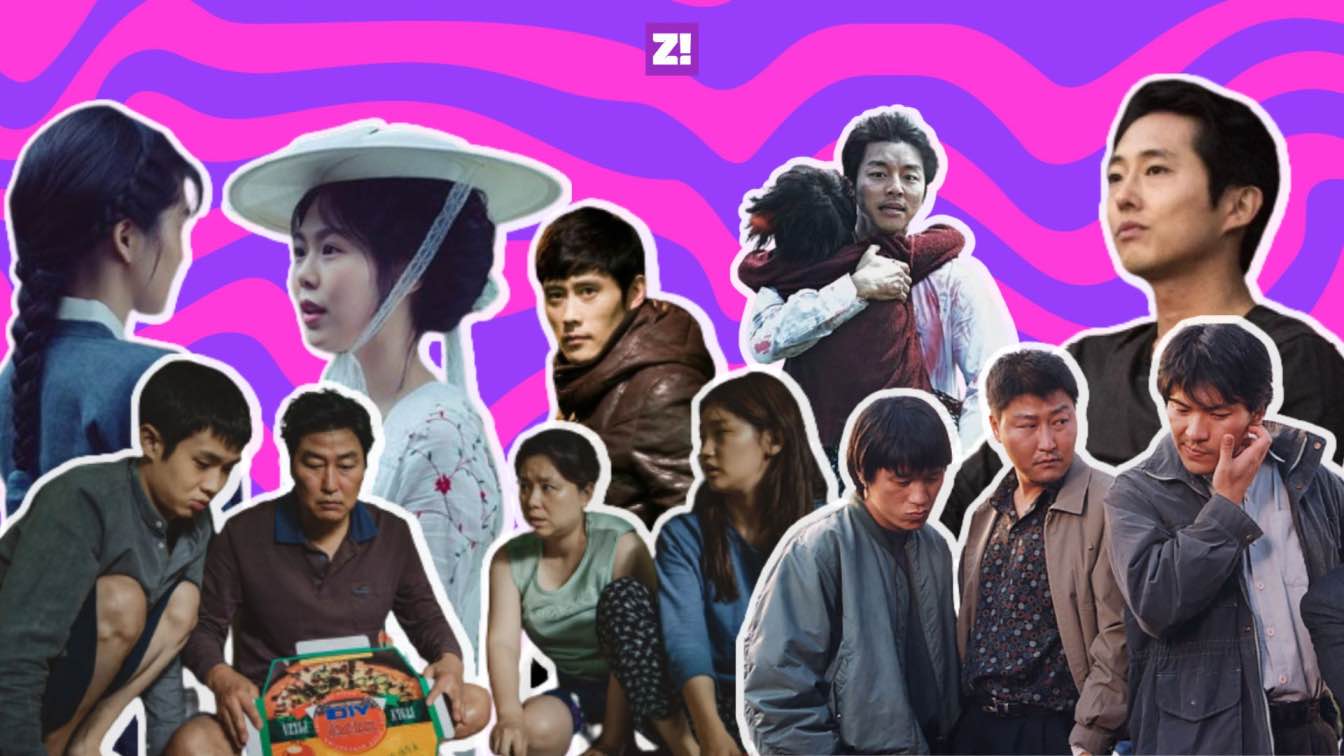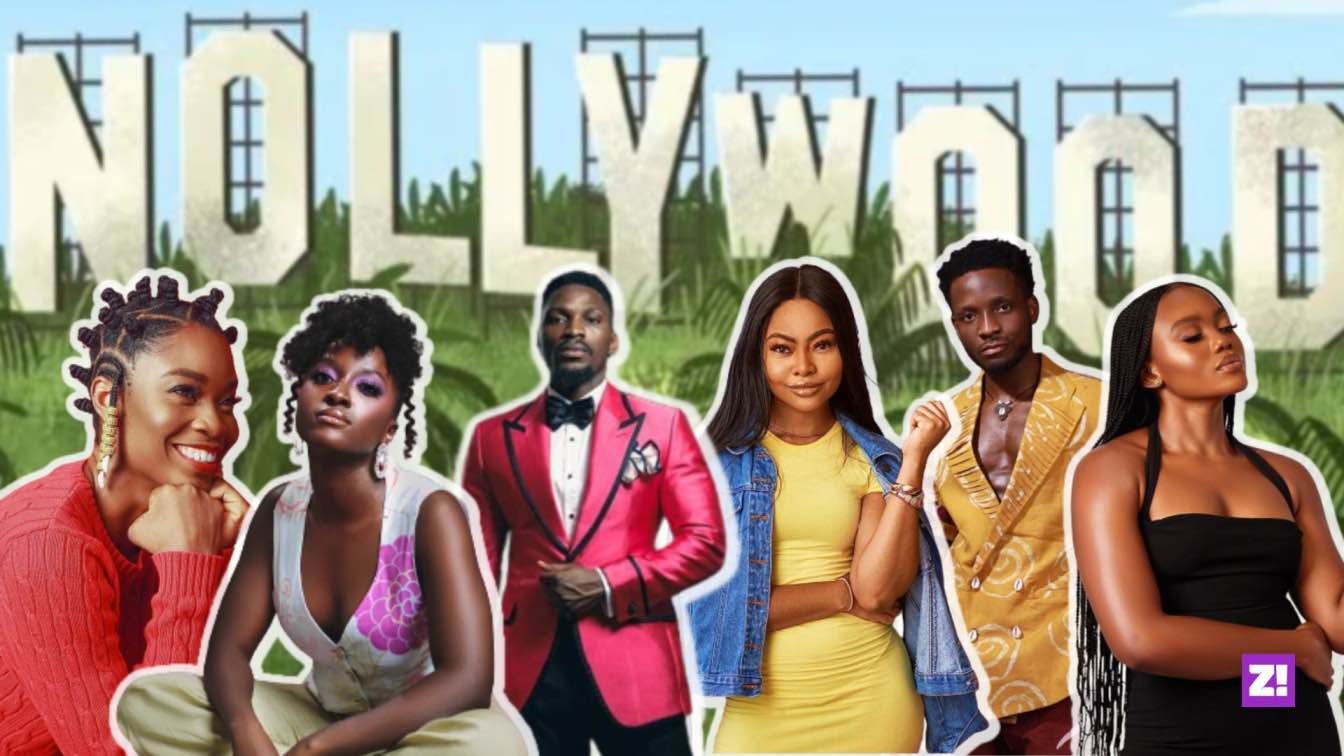When Marvel‘s Black Panther premiered in February 2018, it was more than just a superhero movie; it was a cultural movement. In a time when audiences were getting tired of the Marvel formula of replacing creative risks with unnecessary jokes (and let’s not forget the lineup of superheroes that looked like the cast of Friends), Black Panther was visually vibrant, epic and far removed from the overly manufactured stories we’d come to know Marvel for.
Making over $1 billion worldwide, and almost ₦1 billion in Nigeria, Black Panther was a massive success. And just like everyone else, I was excited about a sequel. Then the film’s lead actor, Chadwick Boseman, passed away in 2020, leaving a massive void in the Black Panther world, and honestly, in the real world as well.
Arriving as one of the year’s most anticipated films, Black Panther: Wakanda Forever had huge shoes to fill. It had to deal with the passing of its lead character on screen, follow the Marvel formula of being bigger than its predecessor in every way possible, meet the expectation of Black people, who have placed the first one on a pedestal, and still lay the groundwork for at least two or three upcoming Marvel films/TV shows.
That’s too much for one film.
In Black Panther: Wakanda Forever, we meet the women T’challa, aka Black Panther, left behind. His sister, Shuri (Letitia Wright) is dealing with her inability to save her brother despite being one of the brightest minds in the Marvel universe. Okoye (Danai Gurirra), the ever-loyal Dora Milaje leader (who M’baku calls a “bald demon” in one hilarious scene), is focused on physically protecting her country. While Queen Ramonda (Angela Bassett), T’Challa’s mother, is forced to quickly deal with her grief, assume the throne and protect Wakanda from colonisers trying to steal vibranium.
Black Panther: Wakanda Forever also introduces Namor (Tenoch Huerta), the king of Talokan, an underwater city rich in, wait for it, vibranium. After the US develops a vibranium-detecting machine that brings them close to his people, Talokan gets pissed and kills them. But that’s not enough for this demi-god who can swim and fly. He also makes his way to Wakanda and demands that Queen Ramonda bring the scientist who made this vibranium machine to him. If not, he’d be more than happy to deal with Wakanda and its people.
RECOMMENDED: 7 Must Listen Songs on the New Black Panther Soundtrack
Namor’s introduction into the story is great, but it also sends it down a path that’s all too familiar for Marvel fans. While the first Black Panther was contained and dealt with the story of it’s main characters without the interference of the outside Marvel world, the mission to find this scientist pushes the story into the regular “we must introduce a character from our upcoming film/ TV show” pattern. In comes Riri Williams (Dominique Thorne), aka Ironheart (from the upcoming Ironheart TV show, duh).
Don’t get me wrong, I love all the Riris in Wakanda’s world, including Rihanna, but Riri Williams is introduced as the new teenage comic relief now that Shuri is too busy dealing with grief to be funny. We also spend too much time with CIA agent, Everett Ross (Martin Freeman), and his ex-wife/CIA boss, Valentina (Julia Louis-Dreyfus). Their dispute is cute but does nothing to push the story along. Also, the fewer colonisers I see on my screen, the better. The unnecessary funny scenes with these characters take away from time that could’ve been spent focusing on building Namor’s world a bit more.
We’re introduced to the Talokan city after Shuri offers herself as a living sacrifice to Namor (a guy who looks like that, I’d be a sacrifice too, for sure), but it feels brief. Outside of Namor, the other Talokans don’t feel fully developed beyond being just an army.
Another underutilised character is Aneka (Michaela Coel), who plays one of the Dora Milaje turned Midnight Angels. In interviews leading up to the film’s release, Michaela spoke about accepting the role because it helped portray a queer couple in the Marvel Universe. Outside of these interviews (which I’m sure the average audience doesn’t know about), nothing hints at Aneka and Ayo, another Dora Milaje soldier, being in a relationship. Aneka gives Ayo a peck on the head in the closing scene, but it’s a “blink, and you’ll miss it” moment. I get the “show, don’t tell” filmmaking technique, but nothing was shown here.
Compared to Black Panther, this sequel also falls short in its action sequences. While the bridge car chase scene and Okoye’s fight with the Talokans in Boston are major highs, the final fight scene feels crowded and rushed. An oversaturated fight scene is nothing new in Marvel (people of God, Endgame), but it’s almost uncoordinated here. None of the sequences blew my mind or sent a shockwave of adrenaline into my body.
That being said, my biggest gripe with Black Panther: Wakanda Forever is its failure to submit to the grief side of the story it was trying to tell. After Namor attacks Wakanda and kills Queen Ramonda in the film’s second act, Shuri is ultimately left with no one. She recreates the purple heart-shaped herb and drinks its nectar to become the new Black Panther and avenge her mother. Then she goes into the spirit world where she meets none other than Eric “Killmonger” (Michael B. Jordan), her cousin, and the villain from the first film.
Shuri being greeted in the spirit realm by Killmonger, instead of her father or mother, signals her full descent into revenge mode, the same emotion that fuelled Killmonger’s actions. Another scene that solidifies this is her decision to go with the gold-lined Black Panther suit similar to Killmonger’s, as opposed to the silver-lined T’challa-inspired suit. Despite all of this, the script refuses to let Shuri go all the way.
For someone hellbent on avenging her mother’s death, doing a full 180 degrees and dropping her spear just because she saw her mother’s ghost feels insincere. She should’ve taken more time to contemplate which part she’d take — murderer or peacemaker — especially after all the lives she risked (and lost) to get there.
Rushing Shuri’s grieving process to wrap the film up in a lovely peaceful bow doesn’t sit right with my spirit.
Minor hiccups aside, Black Panther: Wakanda Forever is a brilliant film that does its best to honour the legacy of the man whose back it was built on, appease the fans and still make sure the Marvel monster machine is well fed. Major props to Angela Basset for commanding every scene she was in, Danai Gurirra for the action sequences and comedic timing, Lupita Nyong’O and Winston Duke for eating up their roles, and finally, Letitia Wright for being the new back that carries the film.
Black Panther: Wakanda Forever isn’t perfect, but then again, can any film about grief be? I don’t think so.
ALSO READ: “Black Panther” Premiere Looks From “Vibranium Strong” to “Wakanda Fashion is This?”




